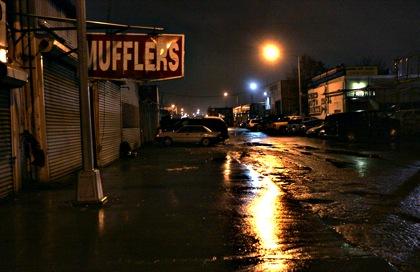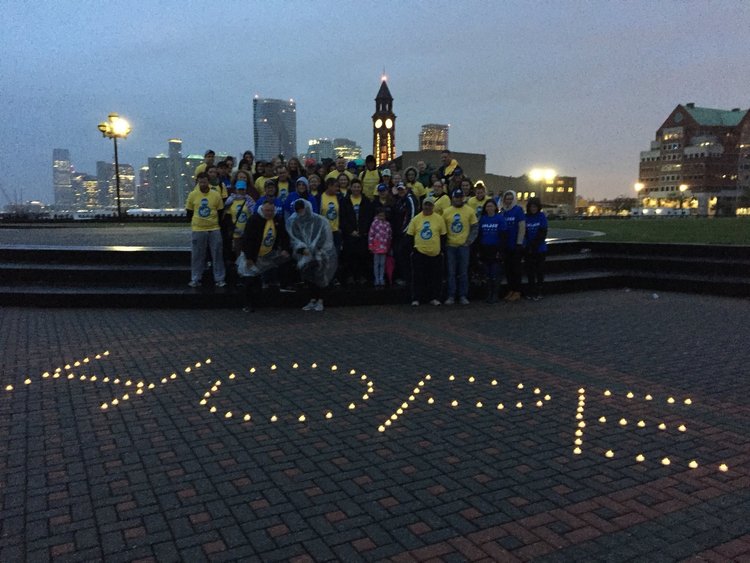By Connor Adams Sheets
A coalition of property owners intent on protecting their Willets Point land from the $3 billion development plans of the Bloomberg administration was dealt a crushing blow last week when a judge threw out its lawsuit against the city.
The suit, brought by the Willets Point Industry and Real Estate Association, alleged that over the past 40 years city officials had refused to provide essential services to the Willets Point properties in hopes of later acquiring them cheaply.
It was dismissed by Brooklyn Federal Judge Edward Korman on the basis that the claim could not be substantiated and because he believes it is not an appropriate issue for the federal courts to be involved in. The plaintiffs are now looking at whether to appeal the decision, sending the case to the U.S. Court of Appeals.
Michael Gerrard, the attorney for the association, said he and his clients believe the city was malicious in its denial of services.
“We were disappointed. We continue to feel that the city does not have the right to single out a single neighborhood for complete deprivation of city services in order to reduce the property values and therefore seize it by eminent domain at a rock-bottom price,” Gerrard said.
The Bloomberg administration announced May 1, 2007, a $3 billion plan authorizing the city to use the power of eminent domain to seize property in Willets Point to make way for development, including a range of “residential, retail, hotel, convention center, entertainment, commercial office, community facility, open space and parking uses.”
The City Council approved the plan by a vote of 42-2 Nov. 13, 2008.
Although the decision by Korman to dismiss the suit acknowledged Willets Points has no municipal sanitary sewers and its roads are “cratered with potholes,” Korman ruled there are more likely explanations for the city to choose to invest in the infrastructure of some areas of the city over others than deliberately driving down property values.
For instance, the region contains no residential housing, parks or public schools, and the judge said there was no evidence that anyone lived there. At least as recently as May 2008, one resident, Joseph Ardizzone, lived in Willets Point, also known as the “Iron Triangle,” a 62-acre sliver of land in the shadow of Citi Field.
“Indeed, Willets Point is not a neighborhood Mr. Rogers would recognize,” the decision read. “Nor does it immediately abut any residential neighborhood.”
But an April 2006 Hunter College study found there were 225 firms in Willets Point providing between 1,400 and 1,800 jobs, the majority of which were in auto-related industries.
City Law Department Counsel Michael A. Cardozo said in a statement that the department was “very pleased” by the court’s decision to accept the motion to dismiss the lawsuit.
“The well-considered opinion not only discusses the enormous difficulties inherent with redeveloping the Willets Point area, but acknowledges that the city and City Council have taken the steps that are necessary to improve the area for future generations,” he said.
The plaintiffs are currently awaiting the decision on a case before the state Supreme Court in Manhattan challenging the Bloomberg development plan’s environmental impact statement and various approvals it received, Gerrard said.
Reach reporter Connor Adams Sheets by e-mail at csheets@cnglocal.com or by phone at 718-229-0300, Ext. 138.
































